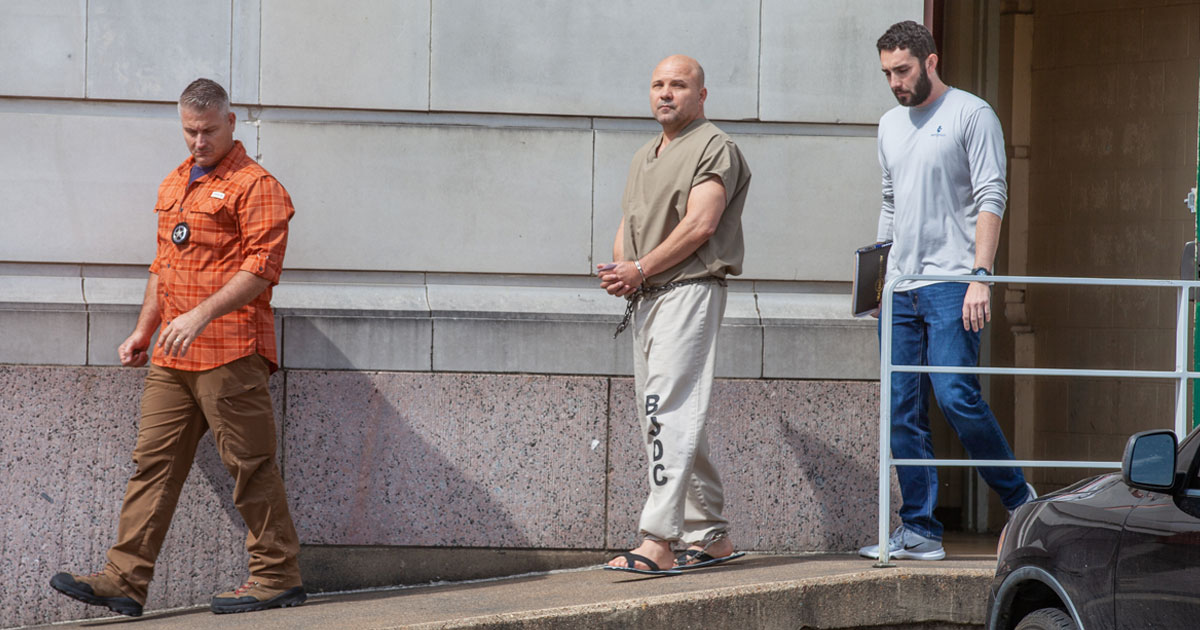In a striking demonstration of judicial resolve, a Texarkana doctor and his wife have been found guilty of orchestrating a complex drug distribution scheme, commonly referred to as a ‘pill mill’. This case, emblematic of a broader national crisis regarding opioid abuse, has unveiled the dangerous intersection of healthcare and illicit drug trade. It underscores the urgent need for stringent regulation and oversight in the medical profession.
The trial revealed that the couple operated a flourishing practice that was more akin to a drug dealership than a legitimate medical facility. Patients, some of whom traveled considerable distances, were reportedly prescribed powerful narcotics with little to no medical justification. Evidence presented in court included testimonies from former patients, and extensive documentation showing prescription patterns that were strikingly atypical. The couple exploited their trusted positions, prioritizing profit over patient health, thus contributing to the escalating epidemic of addiction in the region.
Medical authorities argue that this case epitomizes the vulnerabilities within the healthcare system, where some practitioners manipulate their responsibilities for personal gain. It reflects a disturbing trend in which trained professionals abandon ethical standards, leading to devastating consequences for the community. As addiction rates reach alarming levels in many parts of the country, these situations reinforce the urgency for systemic changes in prescription protocols.
Furthermore, the couple’s actions raise significant questions regarding accountability among medical professionals. How can such flagrant violations of medical ethics go unnoticed for extended periods? Experts suggest that enhanced monitoring of prescription practices, increased training for healthcare providers, and public awareness campaigns are essential to curtail similar behaviors in the future.
In a poignant aspect of the trial, the prosecutor emphasized the human toll of the couple’s actions, presenting poignant anecdotes from families devastated by addiction. These narratives not only reinforced the gravity of the charges but also served as a stark reminder of the broader societal implications of such criminal activities. The long-term ramifications extend beyond individual health, impacting families, communities, and the healthcare system at large.
As the case culminates in sentencing, it serves as a sobering reminder that the pursuit of profit can lead individuals to forsake their professional responsibilities. Legal experts anticipate that this landmark decision could set a precedent, encouraging further scrutiny into the medication distribution practices of other medical professionals. The health sector stands at a pivotal moment, calling for robust action to prevent the recurrence of such unethical exploitation, ultimately ensuring that patient welfare remains at the forefront of medical practice.
The implications of the pill mill case reach far beyond the courtroom. It is a clarion call for vigilance, ethical conduct, and reform in a profession that uniquely occupies the intersection of trust and authority. The healthcare community must collectively emerge from this crisis with renewed commitment to preserving the sanctity of the doctor-patient relationship, ensuring that such betrayals of trust become a rarity rather than a norm.
